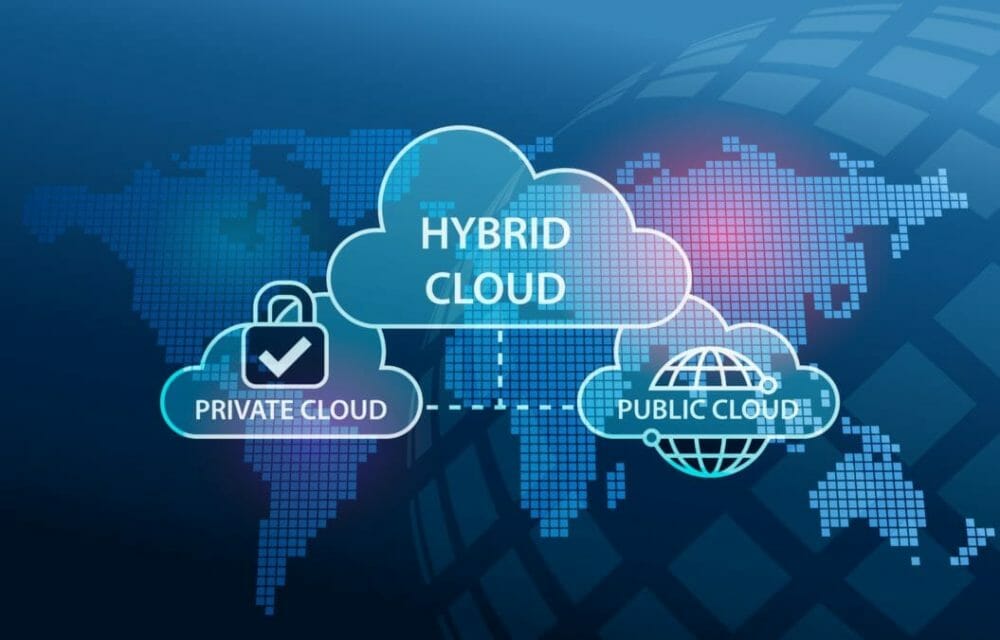Rackspace has announced five updates to its hybrid cloud capabilities, including managed VMware Cloud on AWS, Kubernetes and container services, and advanced cloud-native support, among others.
The company promises its new portfolio of fully integrated hybrid cloud services will enable customers to offload the complexity of deploying, integrating, and managing applications. It is also underpinned by AIOps technology, which will monitor and manage the platform in the background to identify potential technical challenges.
“We are in the midst of a significant hybrid cloud movement with over $1 trillion of spend allocated toward cloud and associated IT services,” said Lee James, Chief Technology Officer, EMEA at Rackspace.
“Our new set of advanced hybrid cloud services, moves the discussion into a wider IT community from software developers to chief information security officers. The foundation of our hybrid cloud capability is our AIOps platform which accelerates the value of the cloud to customers, ensuring their environments are running smoothly with near-zero downtime.”
Hybrid cloud moving businesses forward – away from restrictive legacy systems
New offerings include:
- Managed VMware Cloud on AWS – customers are now able to leverage VMware HCX and Managed Guest OS Services for their VMware CloudTM on AWS workloads, with availability of Managed External Storage coming soon.
- Advanced Kubernetes and container services – Rackspace now provides professional and managed services to help customers incorporate container architectures into their cloud strategies.
- Advanced cloud-native support – with the new Cloud Reliability Engineering Service Block, a Rackspace infrastructure engineering team will work with the customer’s in-house IT team to provide expert support through close collaboration on infrastructure projects to help enable transformation and the adoption of cloud-native capabilities.
- Rackspace Managed Security (RMS) Service Blocks – the portfolio has been expanded to provide Proactive Detection and Response and Compliance Assistance services to customers on VMware private clouds.
- Integration and API Management Assessment – with this new assessment, Rackspace evaluates the current state of application and data integration across the entire organisation, including hybrid IT deployments.
Understanding hybrid cloud
Hybrid cloud refers to the use multiple cloud services from both private and public providers to create another cloud service. One of the main benefits of hybrid cloud is how it provides organisations with greater control of IT spending and billing.
According to a recent survey, from Nutanix, Inc., looking into enterprises’ appetites for private, hybrid and public clouds, 91% of enterprises surveyed said hybrid cloud was the ideal model.
Managing cloud infrastructure post-migration — a CTO guide
However, without proper management hybrid cloud implementation can go wrong. Cloud waste is a common problem for organisations. It’s particularly easy to lose control of cloud spending if its application is being juggled across different lines of business.
Security too can be compromised by a segmented approach to data management. Using multiple clouds and on-premise solutions increases the chance of a breach, as more potential entry points arise. If not properly tracked, this will expose the business it to unnecessary risk.
Related articles
Accessing the benefits of edge computing — a must for industry 4.0
Salesforce partners with Alibaba to tap into China’s booming cloud market
Public cloud failing to meet expectations due to mass data fragmentation, finds research
Cloud migration steps — five to ensure success
Is Europe lagging behind others in cloud adoption?










